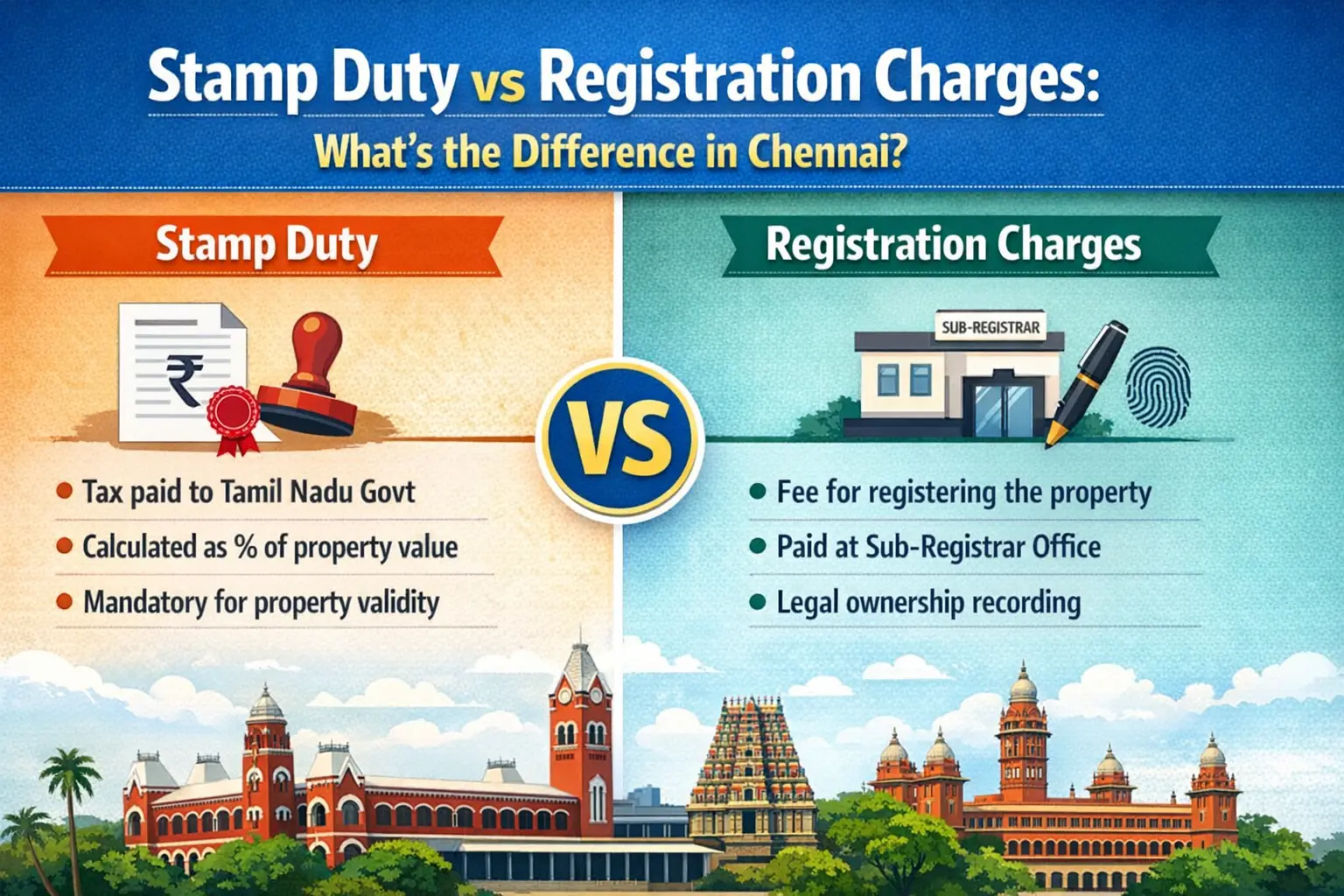Hiring a contractor is a crucial step in ensuring your project is completed to your satisfaction. Here’s a detailed guide to help you through each step of the process:
1. Define Your Project
- Scope: Write a detailed description of the work you need done. Include specifications, materials, and any specific requirements.
- Budget: Determine a realistic budget for your project. Include a buffer for unexpected costs.
- Timeline: Decide when you want the project to start and be completed.
2. Research and Recommendations
- Personal Recommendations: Ask friends, family, neighbors, and colleagues for recommendations based on their experiences.
- Online Reviews: Check reviews on websites like Yelp, Angie’s List, Google Reviews, and the Better Business Bureau.
- Professional Organizations: Look for contractors who are members of professional organizations, which often have standards for membership.
3. Verify Credentials
- Licensing: Check with your state or local licensing board to ensure the contractor holds the appropriate licenses.
- Insurance: Confirm the contractor has general liability insurance and workers' compensation. Ask for copies of their insurance certificates.
- Bonding: Some projects may require contractors to be bonded, providing additional financial protection.
4. Interview Multiple Contractors
- Initial Contact: Call or email potential contractors to discuss your project and set up an in-person meeting.
- Questions to Ask:
- How long have you been in business?
- Have you done similar projects before?
- Can you provide a list of references?
- What is your estimated timeline for this project?
| "Best Builders Floor Apartment in Chennai" |
5. Check References
- Contact Previous Clients: Ask about the quality of work, adherence to the schedule and budget, and overall satisfaction.
- Visit Past Projects: If possible, visit completed projects to see the contractor’s work firsthand.
6. Get Detailed Estimates
- Written Estimates: Obtain written estimates from at least three contractors. Ensure each estimate includes:
- A detailed breakdown of labor, materials, and other costs.
- The total cost.
- Payment schedule.
- Start and completion dates.
7. Review Contracts Thoroughly
- Contract Details: Ensure the contract includes:
- Contractor’s name, address, phone number, and license number.
- Detailed project description, including materials and products to be used.
- Payment schedule and total cost.
- Timeline with start and completion dates.
- Procedures for changes and how they will be documented and billed.
- Warranties covering materials and workmanship.
- Cleanup and debris removal expectations.
8. Negotiate Terms
- Payment Terms: Negotiate a fair payment schedule. Common practices include:
- Initial deposit (usually not more than 10-15%).
- Payments at specific milestones.
- Final payment upon project completion and satisfaction.
- Scope of Work: Clarify any points in the scope of work and ensure they are detailed in the contract.
9. Monitor the Project
- Regular Communication: Maintain regular contact with the contractor. Schedule periodic check-ins to review progress.
- Site Visits: Visit the site frequently to ensure the work is progressing as planned and meets your standards.
- Documentation: Keep records of all communications, changes, and payments.
10. Handle Disputes Promptly
- Immediate Action: Address issues as soon as they arise. Discuss concerns with the contractor and try to find a resolution.
- Document Everything: Keep detailed records of all discussions and agreements.
- Seek Mediation: If disputes cannot be resolved, consider mediation through a local builders’ association or other professional organization.
By following these steps, you can increase your chances of hiring a reliable contractor and successfully completing your project to your satisfaction.
Also read: Types of Construction













